Publications
Articles, publications, books, tools and multimedia features from the U.S. Institute of Peace provide the latest news, analysis, research findings, practitioner guides and reports, all related to the conflict zones and issues that are at the center of the Institute’s work to prevent and reduce violent conflict.
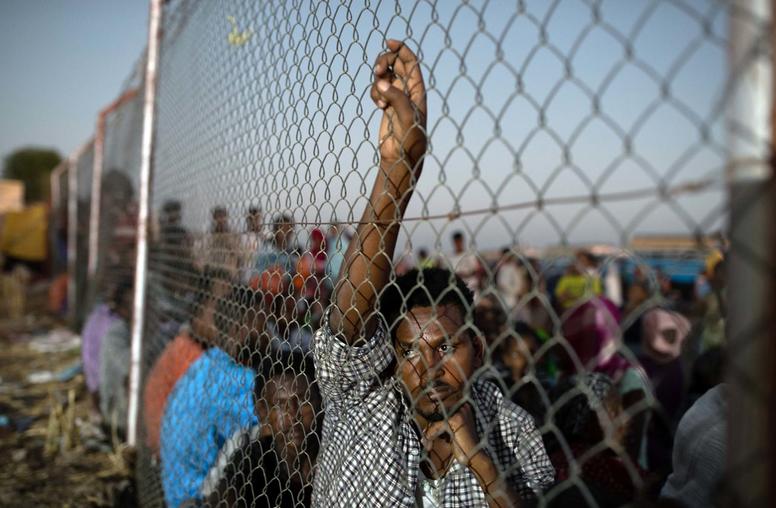
Could a National Dialogue Solve Ethiopia’s Political Crisis?
While the recent conflict in Tigray renewed international focus on Ethiopia, more challenges lie ahead, including elections now scheduled for June 5. The state of Ethiopia’s political transition is contested, and the country remains polarized. However, as Ethiopian scholars Emebet Getachew, Mehari Taddele Maru, and Yohannes Gedamu discuss, a national dialogue process may have the potential to address the country’s dilemmas.
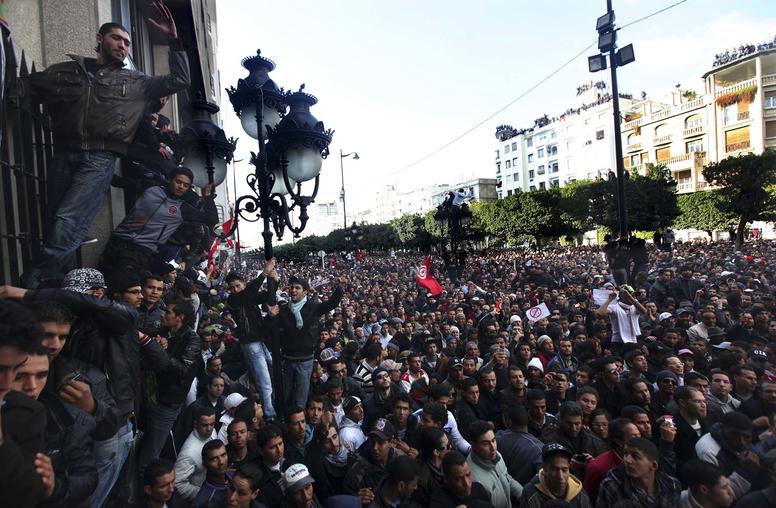
Where Does Tunisia’s Transition Stand 10 Years After Ben Ali?
The story by now is well known. Mohamed Bouazizi’s self-immolation in December 2010 sparked an unprecedented wave of protests across Tunisia and the broader region. Less than a month later, the country’s longtime dictator, Zine El Abidine Ben Ali, fled to Saudi Arabia. That was 10 years ago today. And while Tunisia is often lauded as the “lone success story” of the uprisings that swept across the region, its democratic transition remains in limbo. A decade later, Tunisians have seen hard-won improvements in political freedoms, but a lagging economy and sclerotic politics have stunted the realization of many of the protesters’ demands—and kept them in the streets.
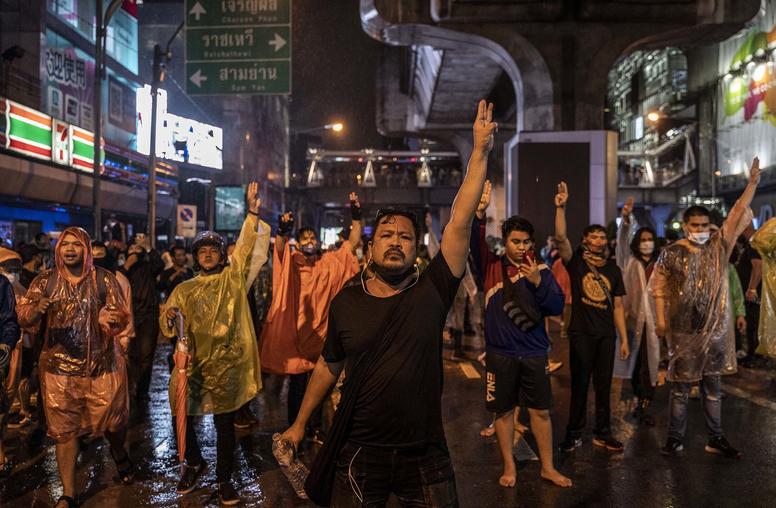
With TikTok and Harry Potter, Thai Youth Protesters Usher in New Era of Politics
In recent months a largely leaderless movement comprised of young people has ushered in a new phase in Thailand’s political struggle, successfully putting the government and monarchy on the back foot.
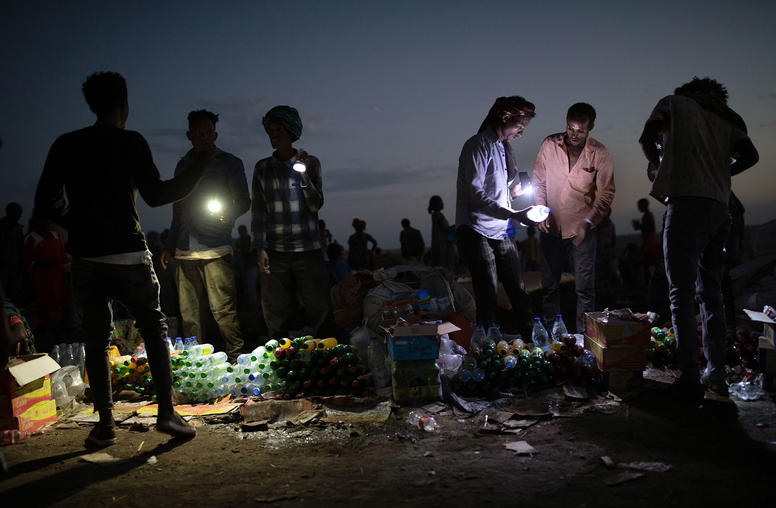
Ethiopia’s Worsening Crisis Threatens Regional, Middle East Security
The Gulf Arabs recognize a strategic reality that has eluded the stove-piped U.S. foreign and security policy bureaucracy for too long: The Horn of Africa is an integral part of the Middle East’s security landscape, and increasingly so. No country demonstrates this more clearly than Ethiopia. That country’s escalating internal crises pose an increasingly grave threat not only to the country’s citizens but to international peace and security and to the interests of the United States and its partners in the Middle East, principally Egypt, Saudi Arabia and the United Arab Emirates (UAE).
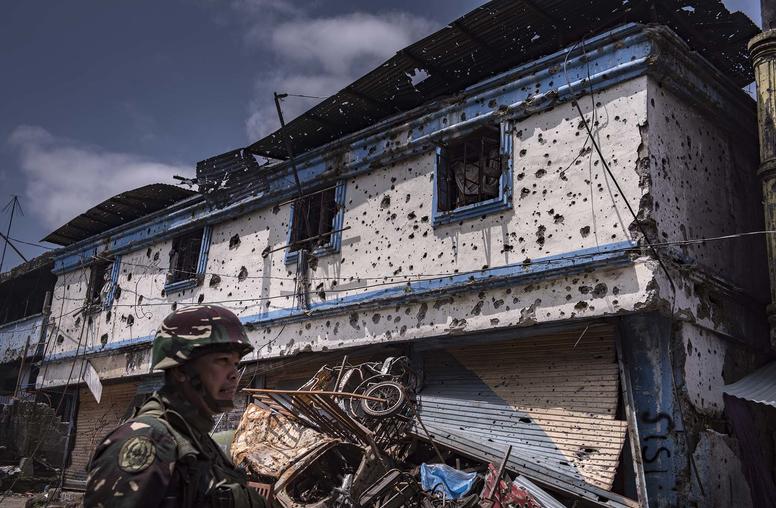
2020 Trends in Terrorism: From ISIS Fragmentation to Lone-Actor Attacks
In the past five years, terrorist attacks have declined notably around the globe. While this is certainly good news—particularly in the 20th year of the so-called global war on terror—terrorism remains a pervasive threat. Despite declines in its prevalence, the scale of the challenge posed by terrorism and the violent ideologies that underpin it is still immense and the mechanisms by which to address it remain complex and in need of further coordination on a global scale. What trends did we see in 2020? And how can those trends inform policy to counter violent extremism?
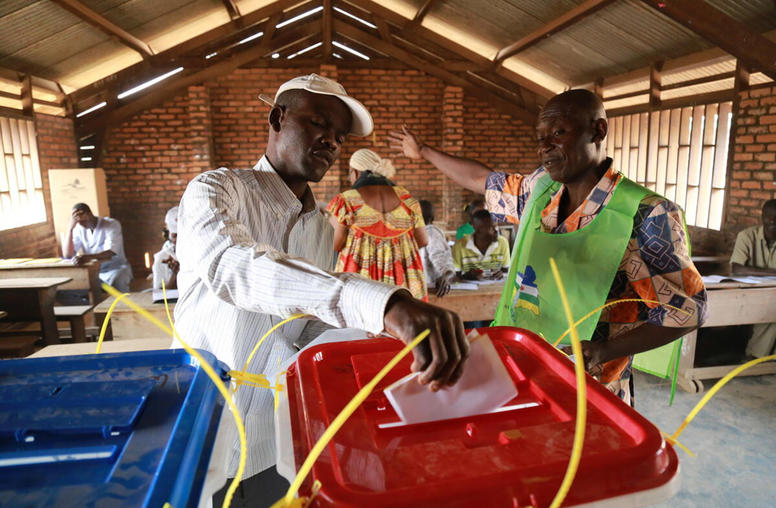
Central African Republic’s Disputed Elections Exacerbate Rising Tensions
After an election period marked by violence and rising tension, the Central African Republic’s (CAR) incumbent president, Faustin Archange Touadéra, has been re-elected, according to the country’s election commission. Days before the vote, a disparate medley of armed groups coalesced to demand the vote be postponed. Since the polls’ closing, there has been a serious spike in violence with fighting in many major towns. The political opposition as well as the newly formed armed coalition have rejected the results and have demanded a re-run election. USIP’s Elizabeth Murray and Rachel Sullivan explain what led to rising violence in the weeks before the polls, what it means for the floundering 2019 peace agreement, and where the international community stands.
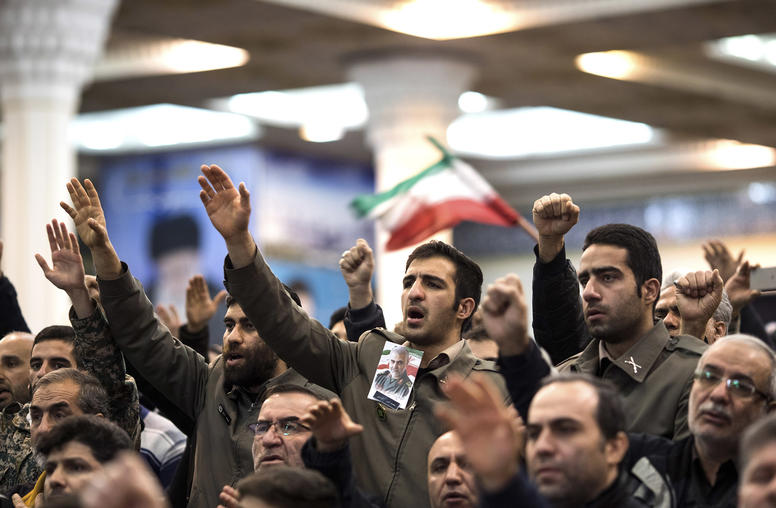
A Year After Soleimani Strike, Iraq Bears the Brunt of U.S.-Iran Tensions
The January 3, 2020 U.S. drone strike that killed powerful Iranian commander Qassem Soleimani on Iraqi soil marked an escalation in already simmering U.S.-Iran tensions. For Iraqi leaders, the Soleimani strike exacerbated an already challenging balancing act in maintaining Baghdad’s relationships with the United States and Iran, with whom it shares a long border and religious and social ties. During the past tumultuous year for Iraq, U.S. forces and Iranian-allied armed groups engaged in tit-for-tat attacks in Iraq. USIP’s Elie Abouaoun and Sarhang Hamasaeed look at how U.S.-Iran tensions played out last year in Iraq and the region and if the incoming U.S. administration, and its desire to reengage in nuclear talks with Iran, could help allay the impact on Iraq.
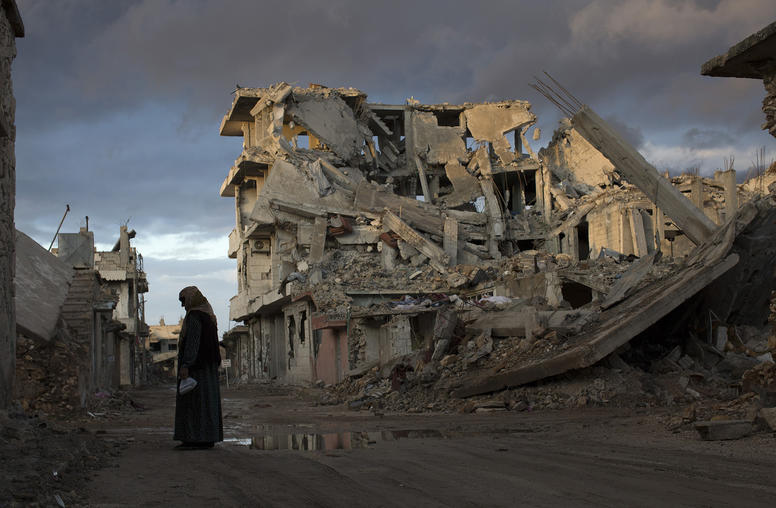
Syria Timeline: Since the Uprising Against Assad
Protests during the 2011 Arab uprisings triggered one of the deadliest wars of the early 21st century. It produced one of the gravest humanitarian crises, as hundreds of thousands were killed, millions fled their homes, and more than half the population relied on aid for daily sustenance.
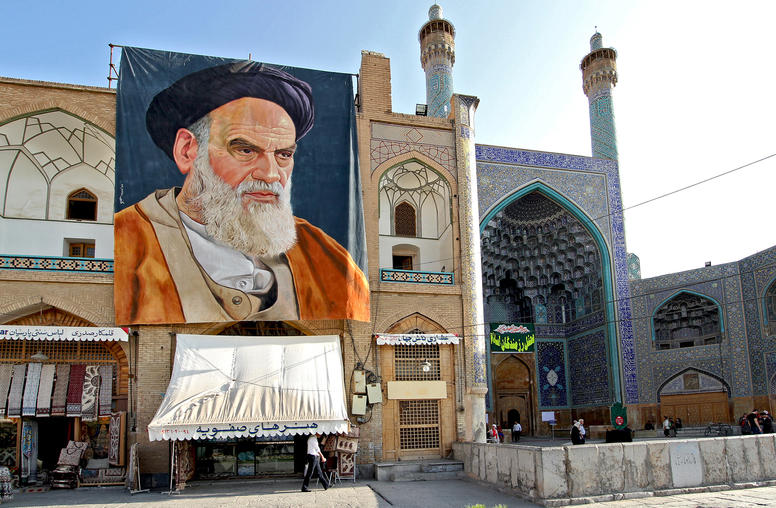
Iran Timeline: Since the 1979 Revolution
Iran, proud and passionate, has been a conundrum since its 1979 revolution. For decades, a confluence of challenges—political and cultural repression, menacing rhetoric, and defiance over its nuclear program—complicated dealing with the Islamic Republic. Iran’s revolution has passed through at least five phases.
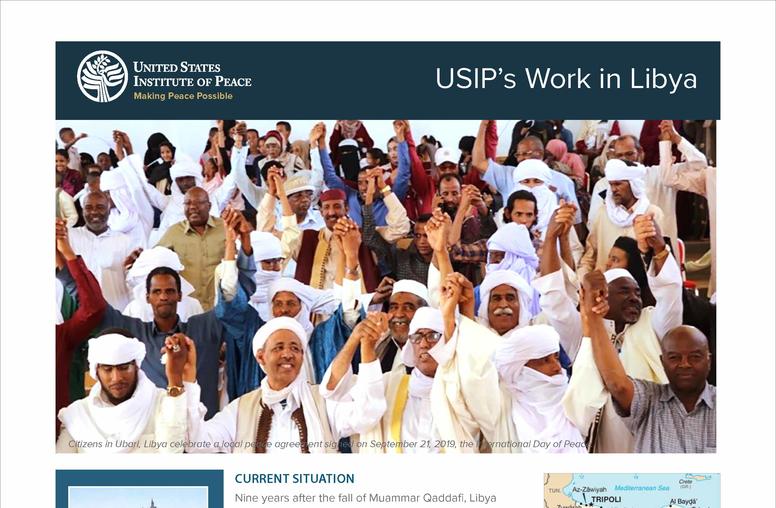
The Current Situation in Libya
Eight years after the fall of Muammar Qaddafi, Libya continues to struggle to end its violent conflict and build state institutions. External actors have exacerbated Libya’s problems by funneling money and weapons to proxies that have put personal interests above those of the Libyan people.